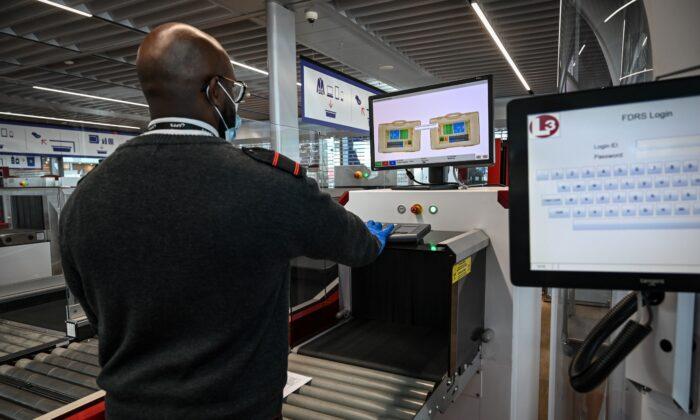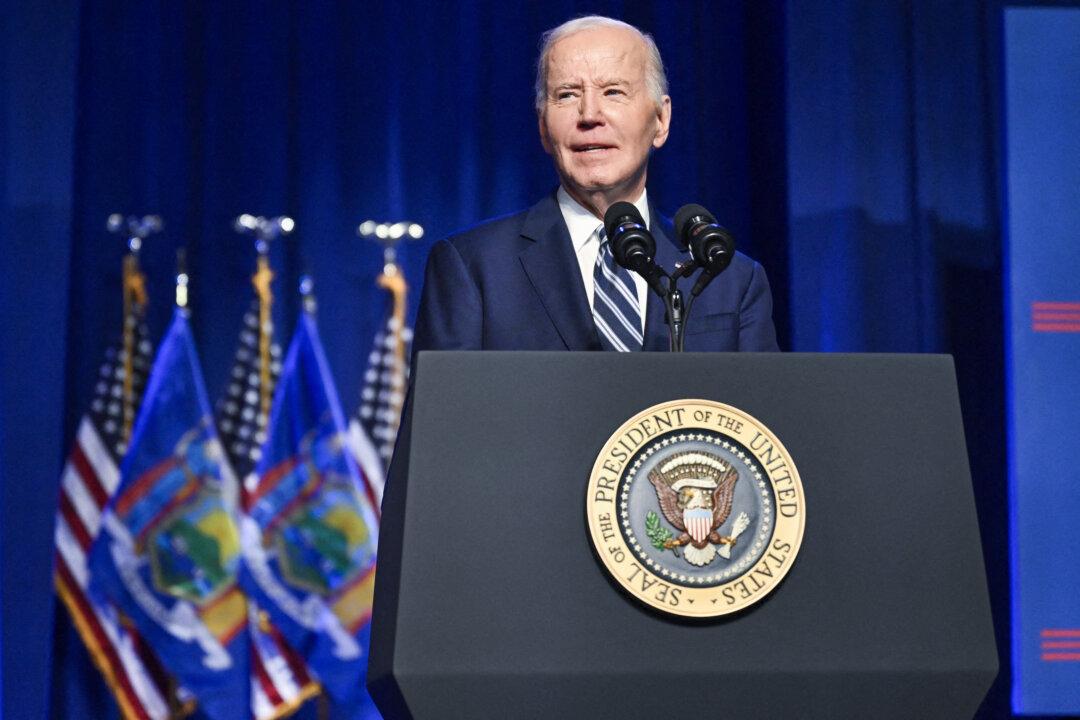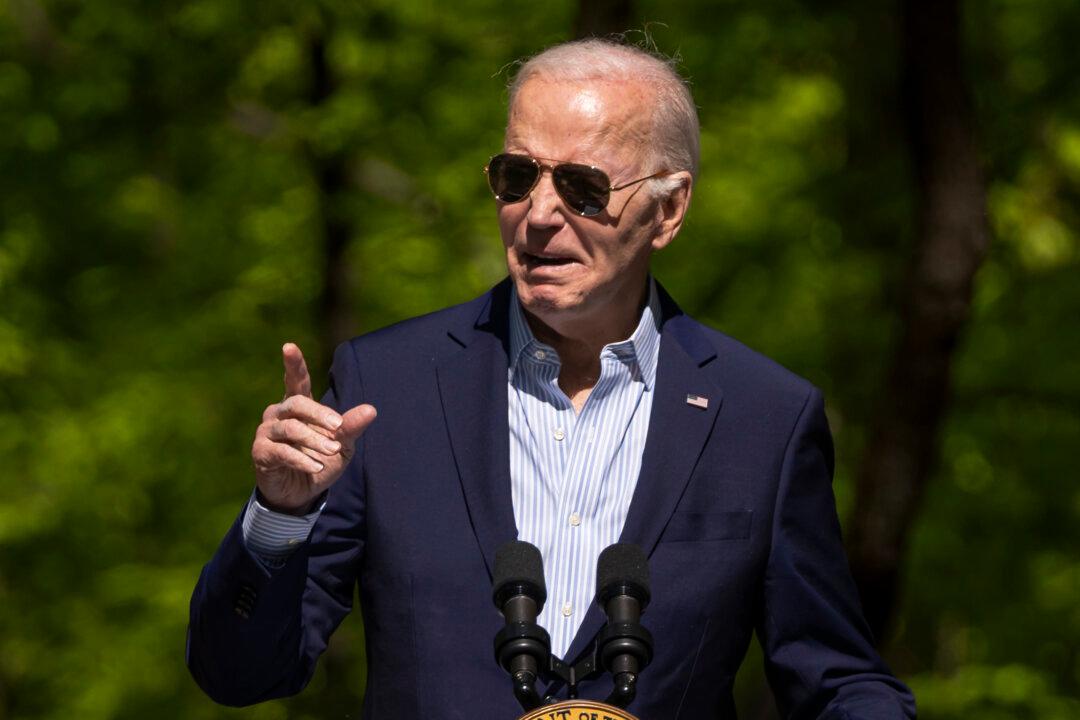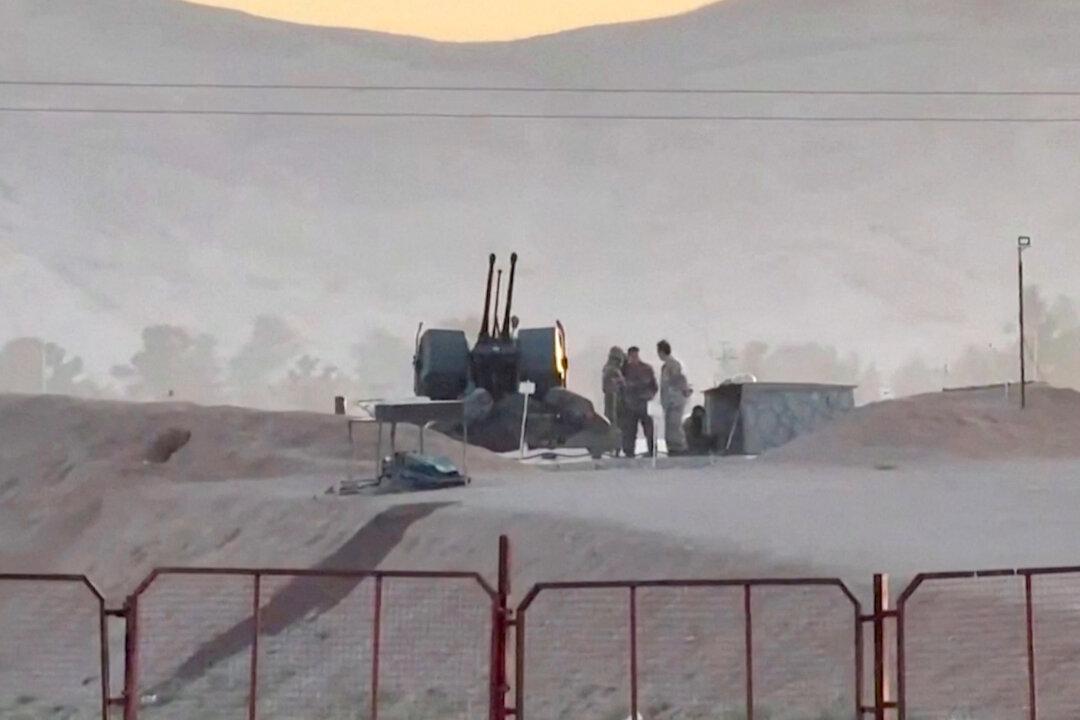WASHINGTON—The U.S. government is lobbying Europe to bar China’s largest maker of X-ray machines and scanners, saying that the company poses a security threat.
The Chinese state-controlled company Nuctech, which provides screening systems for cargo, luggage, and passengers at airports and other ports of entry, has made significant inroads into the European market in recent years.
Systems that screen cargo and baggage could give companies such as Nuctech easy access to sensitive personal data and commercial information, and U.S. officials are concerned that Nuctech could turn over such data to the Chinese regime.
The State Department in a separate memo on May 8 stated that the Chinese vendor was bidding for contracts in more than a dozen European countries. For example, Finland, a North Atlantic Treaty Organization member, awarded a contract to Nuctech, dismissing U.S. lobbying efforts, according to the memo viewed by the Journal.
Nuctech was founded in 1997 by Hu Haifeng, the son of former Chinese Communist Party leader Hu Jintao. Last year, the majority of Nuctech’s parent company was transferred to the China National Nuclear Corp., which manages China’s nuclear weapons and power production.
According to its website, the company has “become an internationally famous brand in the security and inspection industry,” with a presence in 160 countries and regions.
The company also managed to build its reputation through lucrative contracts, such as the 2008 Olympic Games in Beijing, the 2016 Olympic Games in Brazil, the 2015 Milan Expo, and the 2015 Wimbledon Open tennis tournament.
The State Department estimates that Nuctech is a dominant player in Europe’s sea-cargo screening equipment market, with a 90 percent share and holds up to 50 percent market share for Europe’s airport passenger baggage and cargo screening.
The company’s business practices, however, have come under increased scrutiny.
The U.S. Transportation Security Administration (TSA) barred the Chinese company from most of the American airport market in 2014. The company was later accused of retaining lobbyists in Washington to influence the TSA, and was also linked to corruption charges in several countries.
Nuctech has grown significantly because of its ability to underbid its competitors in many countries.
Axel Voss, a European Parliament member from Germany, raised concerns about the company in December, accusing it of “using a massive low-level pricing strategy” to win contracts.
The European Union announced this month that it would adopt protectionist policies to defend its companies against subsidized foreign competitors, an attempt to curb activities of Chinese companies such as Nuctech.
After a period of public consultation, the EU will introduce a new legal instrument on foreign subsidies next year, according to European Commission Vice President Margrethe Vestager, who’s in charge of competition and digital policy.
The new policy would block investments and public-tender bidding by heavily subsidized foreign companies.
In the past decade, through large government subsidies, China has managed to create its own national conglomerates in key industries. And recently, these subsidies have been widely used to achieve dominance in high-technology sectors, as outlined in the “Made in China 2025″ blueprint.
A Nuctech spokesperson told the Wall Street Journal that the company was unaware of the U.S. lobbying effort. The company also denied accusations that it received state subsidy or government instructions.





